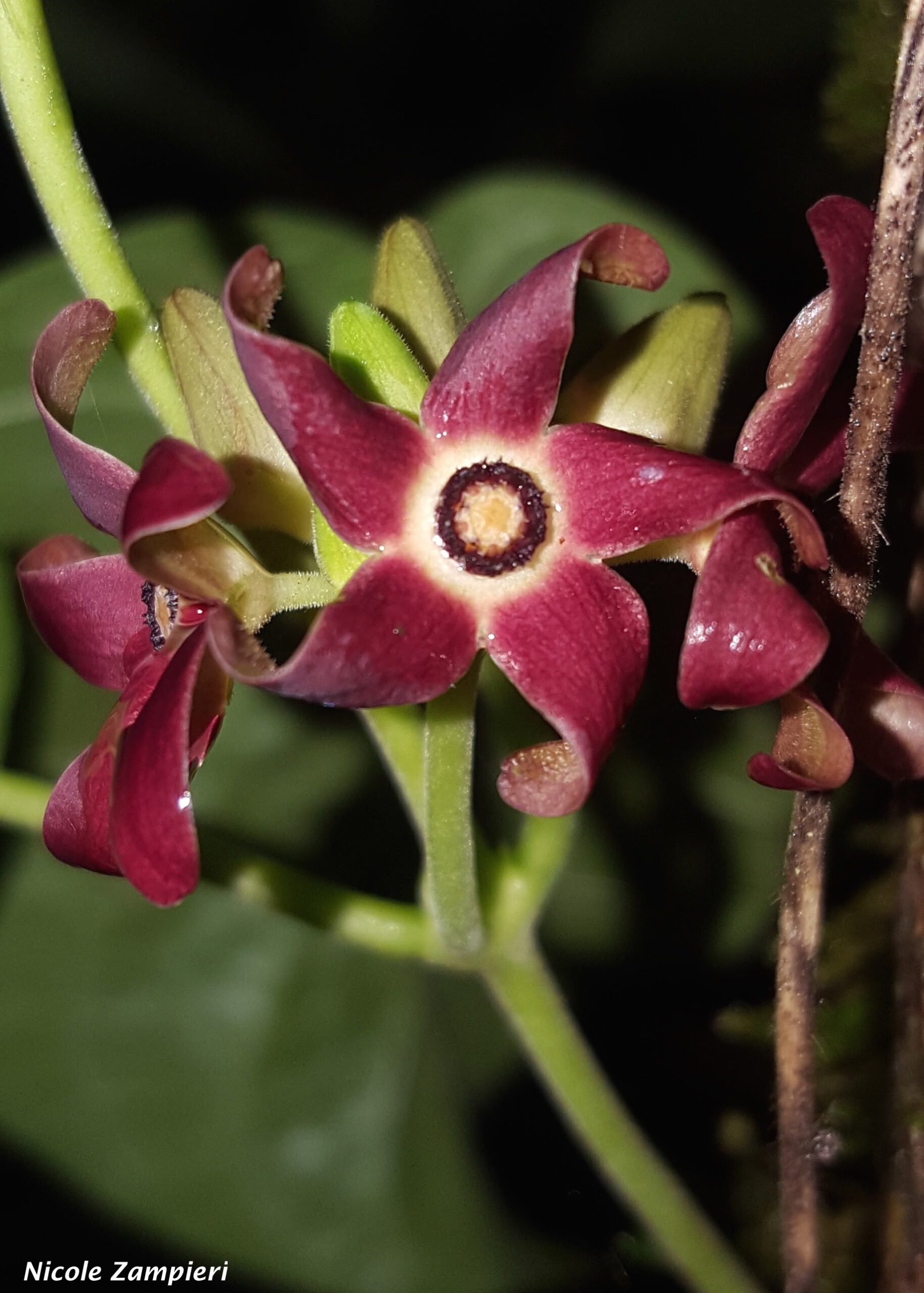We expect our Florida Milkvine seeds to be available by late fall, 2023.
Description:
The Florida Milkvine, scientifically known as Matelea floridana, is a perennial twining vine endemic to Florida.
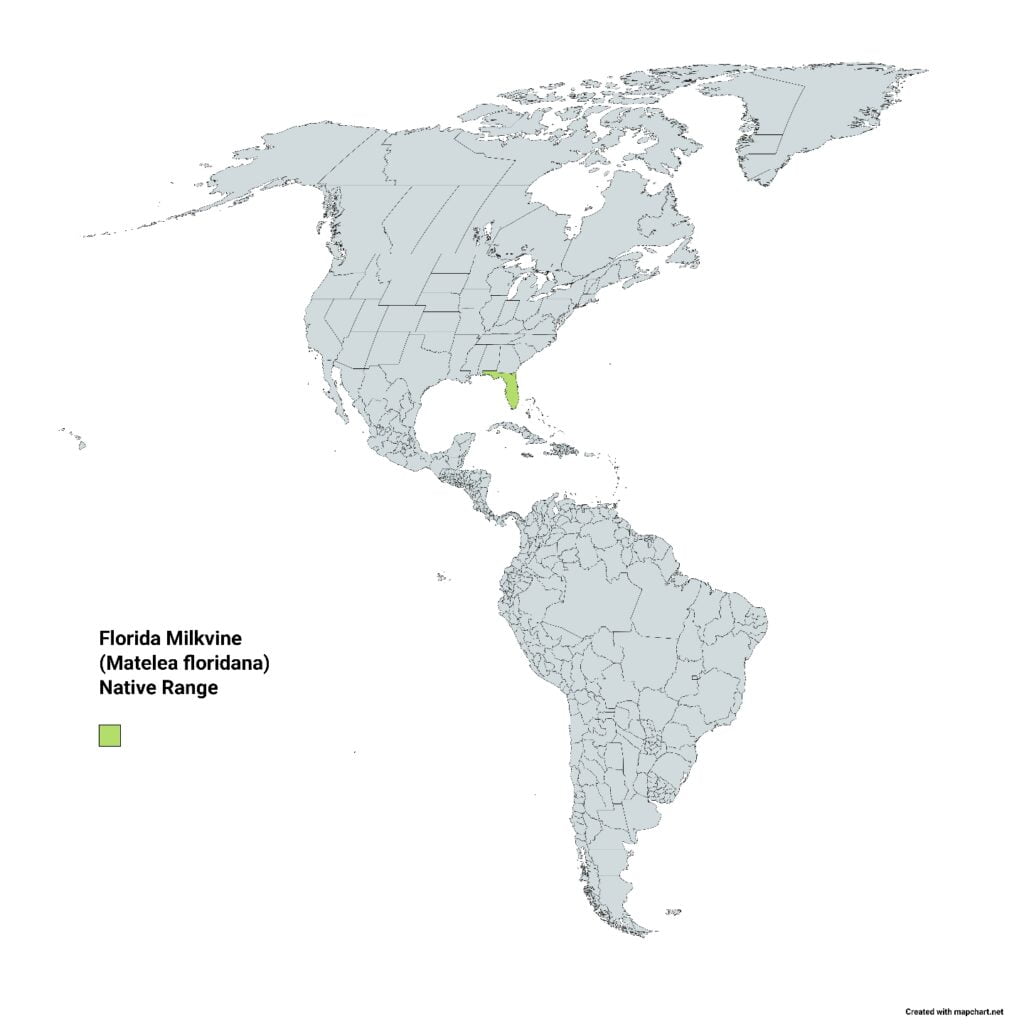
This unique plant belongs to the Milkweed family (Apocynaceae) and is characterized by its distinct heart-shaped leaves and clusters of small greenish-yellow to purplish-maroon flowers.
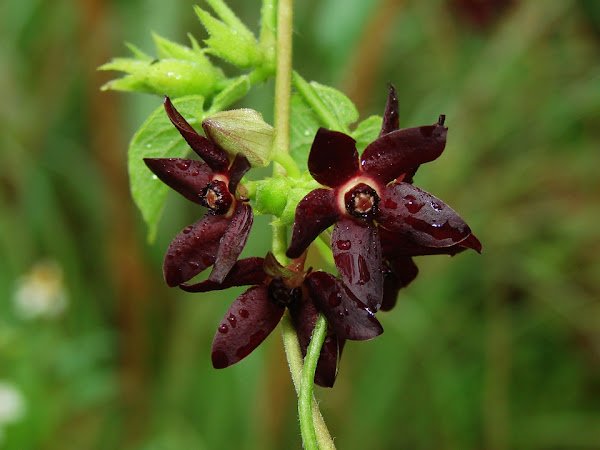
The blossoms, which appear in late spring to early summer, possess a star-like shape, adding a subtle charm to any natural setting in Florida.
Citation:
MATELEA Aublet, Hist. Pl. Guiane 277, t. 109(1). 1775
Based on recent studies (Krings et al. 2008; Mangelsdorff et al. 2016; McDonnell et al. 2018), Matelea is not considered to be monophyletic, which is to have a single evolutionary origin. As a result, it’s expected that new genera will be identified for the species found in Florida. As a result, this species’ genus is likely to change in the future.
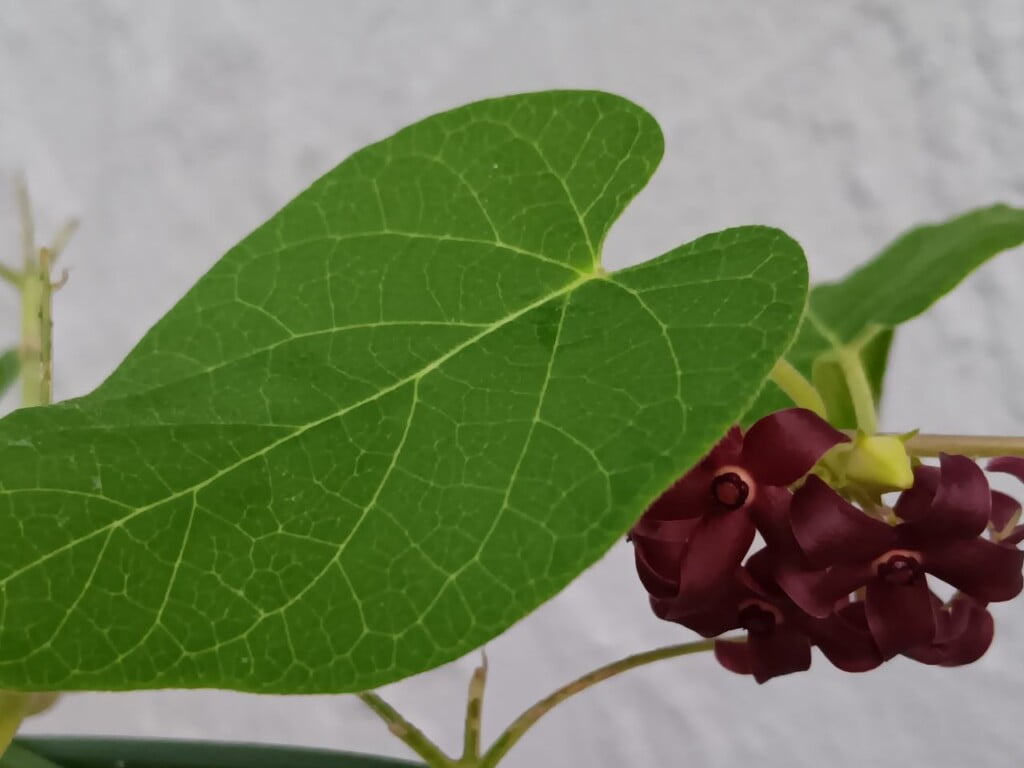
Conservation Status:
Currently, the Florida Milkvine is considered “a species of special concern” in the state of Florida. This designation indicates that the plant is at risk due to factors like habitat loss, invasive species competition, and other ecological challenges. The primary threat to the Florida Milkvine is habitat destruction, particularly due to urban development and agriculture. As native habitats are fragmented or lost, populations of this unique vine become more isolated and vulnerable.
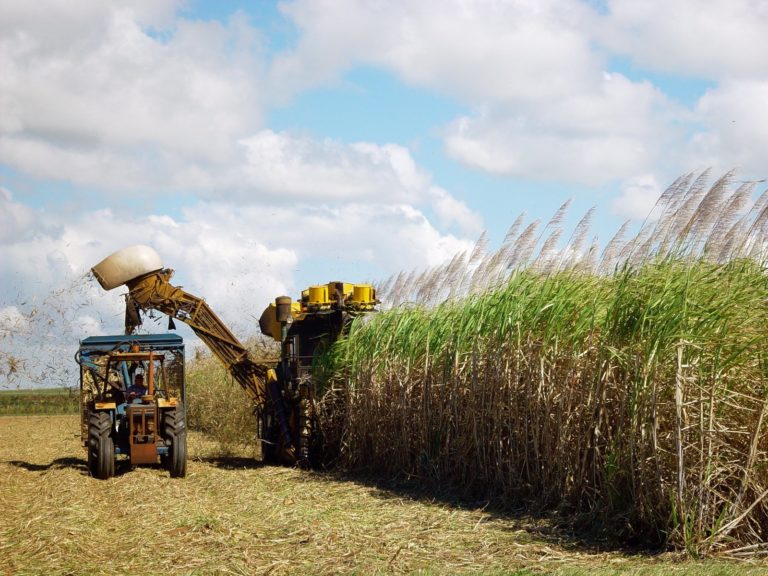
Benefits for Butterfly Gardens:
- Monarch Magnet: Like other members of the milkweed family, the Florida Milkvine serves as a host plant for the Monarch butterfly. Female Monarchs lay their eggs on the plant, and once hatched, the caterpillars feed on its leaves. This relationship is crucial for the survival of Monarch butterflies, especially given the challenges they face in terms of habitat loss and other threats.
- Nectar Source: While the Florida Milkvine is primarily a host plant for Monarch caterpillars, its flowers can also provide nectar for various pollinators, including bees and adult butterflies.
- Native Advantage: As a Florida native plant, the Florida Milkvine is well-adapted to the state’s climate and soil conditions. This means it typically requires less water, fewer fertilizers, and is more resistant to local pests and diseases compared to non-native plants. Planting native species like the Florida Milkvine can lead to a more sustainable and low-maintenance garden.
- Biodiversity Booster: Introducing the Florida Milkvine into gardens can contribute to local biodiversity, supporting various wildlife, from insects to birds. A diverse garden is not only more resilient to pests and diseases but also offers a richer, more dynamic visual experience.
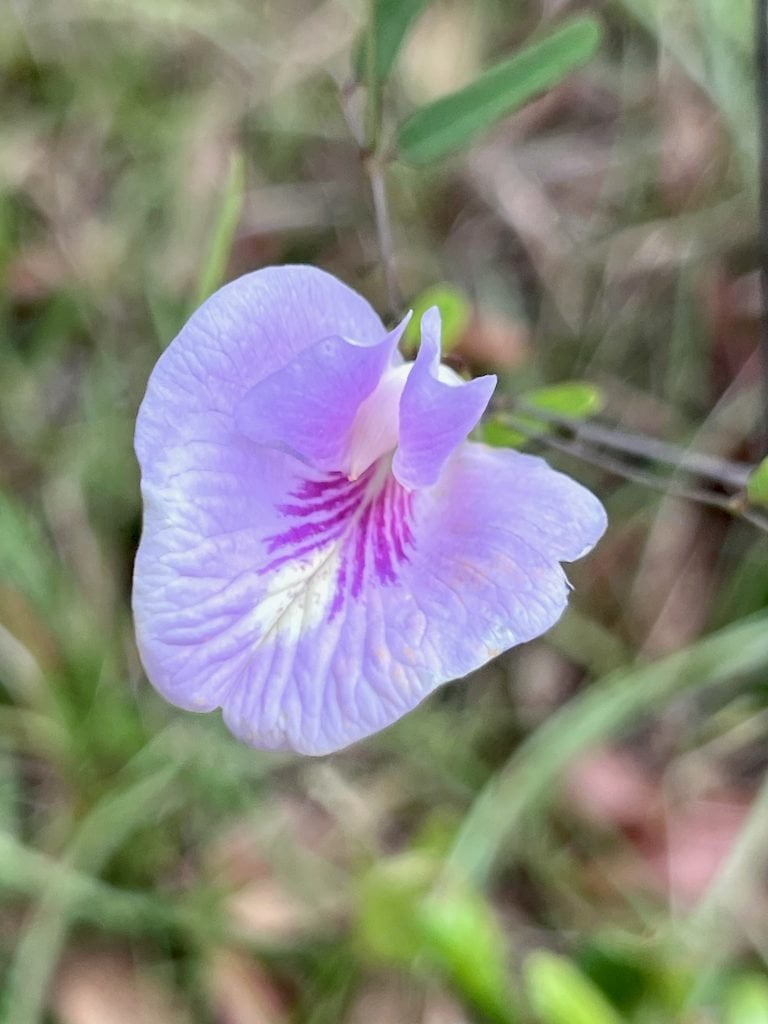
2 Sweet-Scented Pigeonwings (Clitoria Fragrans) Seeds – Florida Native – FL ONLY
Clitoria fragrans is a rare species of flowering plant in the legume family known by the common name pigeon wings, or sweet-scented pigeon wings. It is endemic to Central Florida and is listed as federally endangered. If you think you can grow one, then you can help Johnny on his mission to restore endangered species… one day at a time!
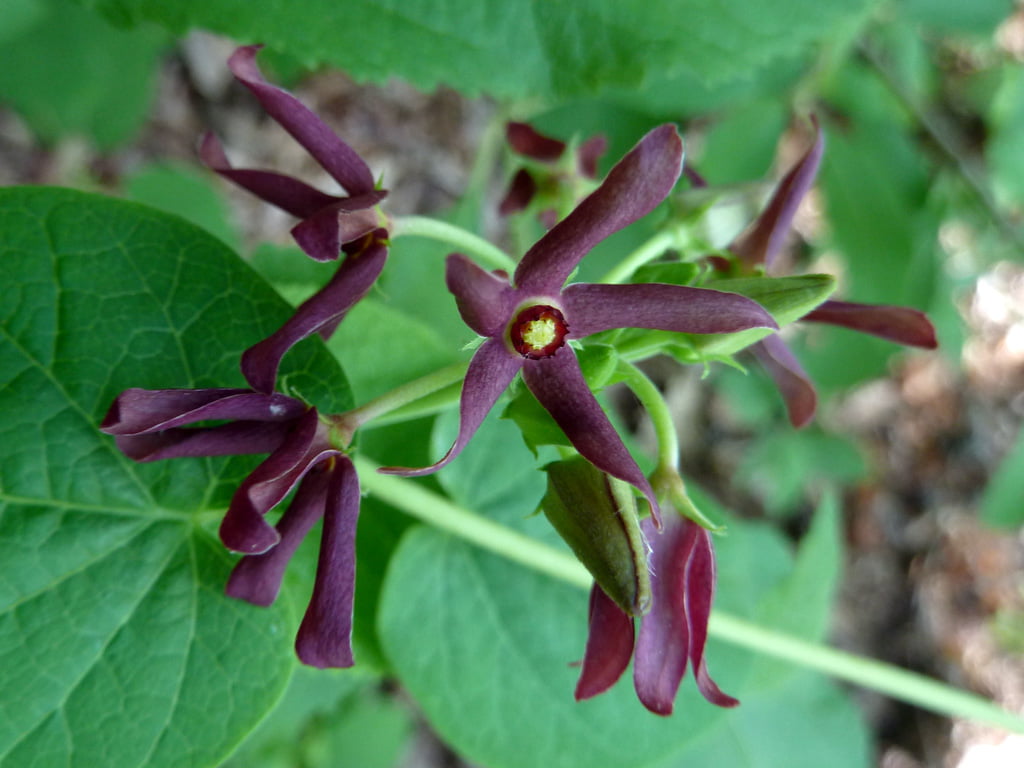
Conclusion:
The Florida Milkvine (Matelea floridana) is more than just a beautiful native vine; it’s a crucial component of Florida’s intricate ecological web. By incorporating this plant into butterfly gardens, Floridians can support local wildlife, from the iconic Monarch butterfly to myriad pollinators that ensure our ecosystems remain vibrant and productive. Embracing the Florida Milkvine and other native plants is a step towards a more sustainable, biodiverse, and beautiful Florida… one day at a time!
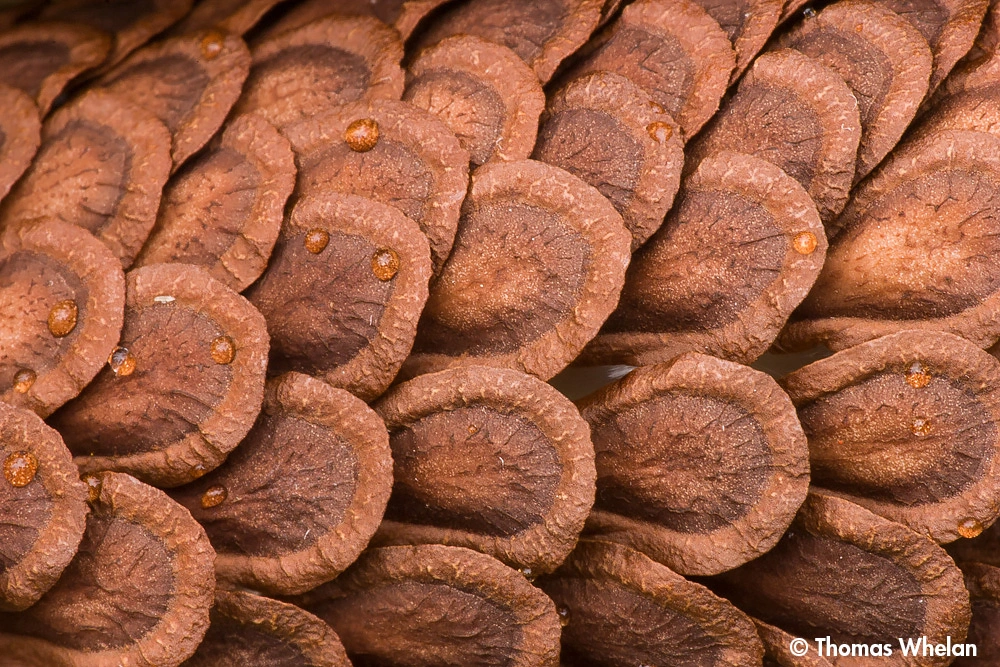
Milkweed Seeds
Seeds for growing plants in the Milkweed genus (Asclepias); required for all Milkweed butterflies, like the Monarch and Queen.
Wunderlin, R. P., B. F. Hansen, A. R. Franck, and F. B. Essig. 2023. Atlas of Florida Plants (http://florida.plantatlas.usf.edu/). [S. M. Landry and K. N. Campbell (application development), USF Water Institute.] Institute for Systematic Botany, University of South Florida, Tampa.
